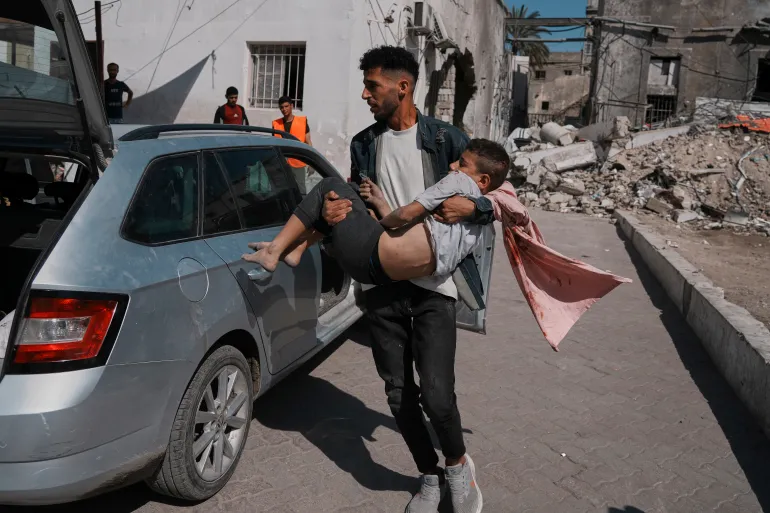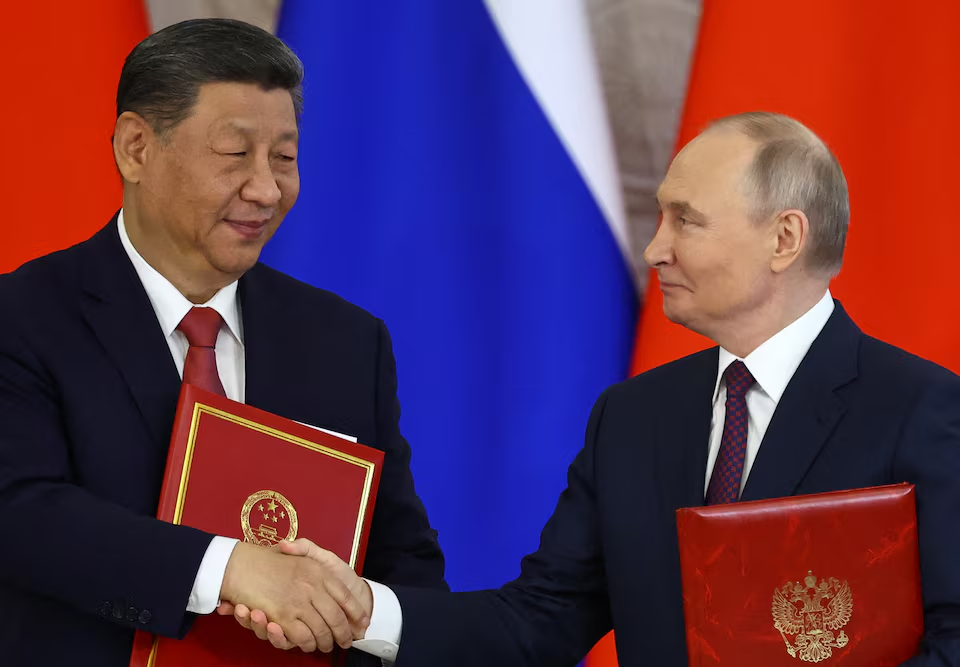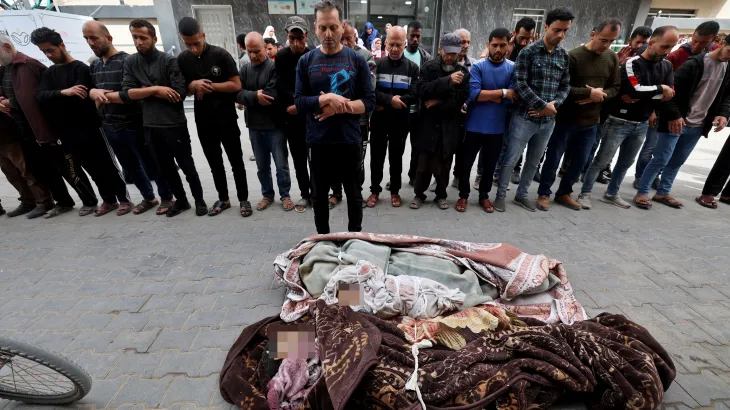Hamas has dismissed the latest ceasefire proposal backed by the United States, saying it fails to ensure a definitive end to the ongoing war in Gaza. The group emphasized that the plan contains no concrete guarantees to halt Israeli military operations or protect Palestinian civilians from future attacks.
In a statement issued on Saturday, Hamas criticized the proposal’s ambiguity, particularly its failure to demand a full and permanent ceasefire. The group reiterated its long-standing position that any truce must include firm assurances of a complete Israeli withdrawal from Gaza, an end to the blockade, and a comprehensive framework for reconstruction and humanitarian relief.
“The proposal lacks binding commitments to stop the aggression, lift the siege, and guarantee the return of displaced people,” the statement read. Hamas also noted that the deal falls short of addressing the release of thousands of Palestinian detainees held in Israeli prisons, a central condition for any prisoner exchange agreement.
The ceasefire draft, reportedly brokered with assistance from Qatar and Egypt, outlines a phased plan starting with a 60-day pause in hostilities and the gradual release of Israeli hostages in exchange for Palestinian prisoners. However, key details about the final status of Gaza and the mechanisms to prevent a resumption of violence remain vague.
A senior Hamas official told Al Jazeera that the group is not rejecting diplomacy outright but seeks a more robust framework that addresses the root causes of the conflict. “We are committed to negotiations that lead to a just and lasting peace for our people, but we will not accept a ceasefire that merely pauses the killing,” the official said.
The Israeli government has not formally responded to the Hamas statement but has repeatedly insisted that any ceasefire must include the dismantling of Hamas’s military capabilities. Prime Minister Benjamin Netanyahu has also stressed that Israel will continue its operations in Gaza until its security objectives are met, including the elimination of Hamas leadership.
US officials, meanwhile, have urged all parties to consider the humanitarian urgency in Gaza, where living conditions have deteriorated rapidly amid ongoing airstrikes, widespread displacement, and shortages of essential supplies. State Department spokesperson Matthew Miller said Washington believes the ceasefire proposal is “a vital step toward de-escalation and eventual peace.”
The Biden administration has been facing increasing domestic and international pressure to restrain Israel’s military actions and advance a diplomatic solution. Critics argue that the US approach has so far failed to secure meaningful commitments from either side, prolonging the suffering of civilians caught in the crossfire.
Regional reactions have also highlighted the fragility of the ceasefire plan. Egypt and Qatar have both expressed concern that without stronger guarantees from Israel and clearer assurances for the Palestinians, the proposed truce may collapse before implementation. The Arab League has called for an emergency session to discuss broader diplomatic interventions.
On the ground, conditions in Gaza continue to worsen. Local health authorities report mounting casualties, with hospitals overwhelmed and humanitarian aid unable to reach many of the hardest-hit areas. UN agencies have warned of an impending collapse of critical infrastructure if the violence does not subside soon.
The rejection of the ceasefire proposal by Hamas throws another obstacle in the path of international efforts to halt the bloodshed. While diplomatic channels remain open, the lack of consensus on core issues—especially the future governance of Gaza and mutual security guarantees—continues to stall progress.
With both sides holding firm to their demands, prospects for an immediate breakthrough appear slim. As the conflict grinds on, the international community is left scrambling for ways to bridge the divide and prevent a further humanitarian catastrophe in Gaza.
Source; Al Jazeera



